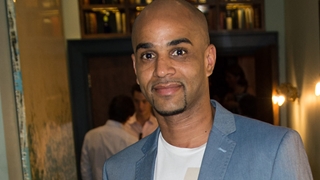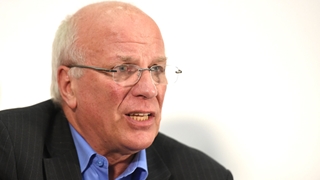
The Sport and Recreation Alliance, alongside the Professional Players Federation and with support from the mental health charity Mind, on Wednesday launched The Mental Health Charter for Sport and Recreation with the backing of the deputy prime minister Nick Clegg.
The Mental Health Charter for Sport and Recreation sets out how sport can use its collective power to tackle mental ill-health and the stigma that surrounds it.
The country's biggest sports organisations, including The FA, Lawn Tennis Association, Rugby Football Union, English Cricket Board and UK Athletics, have already signed-up as well as all the major professional player associations.
The charter aims to tackle stigma using the power of sport and recreation, emphasise the benefits to mental health and well-being of an active lifestyle and to encourage the wider sector to showcase best practice and to make real progress in tackling issues around mental health.
Physical activity is good for your body but it is great for your mind too. Every year, one-in-four people will experience a mental health problem.
Yet it is still something much of the population is reluctant to talk about or address, with 90% of people with mental health problems having experienced discrimination. This is something that has to change.
Emma Boggis, chief executive of the Sport and Recreation Alliance wants more people to understand the impact of physical activity on mental wellbeing.
"Evidence from our research report Game of Life outlined how exercise can be as effective as anti-depressants for those with mild clinical depression.
"This is one of those areas where sport and physical activity really can change lives but there's not enough awareness of it as a treatment or as a way of preventing people from falling into poor mental health in the first place.
"Too much of the association between sport and mental health is negative – like when a top athlete suffers problems. We want to re-frame that relationship so that people understand that sport is a positive place for conversations about mental health."
And Brendon Batson OBE, executive chairman of the Professional Players Federation, believes that sport can make a real difference to mental health.
"Players have a massive role in encouraging people to talk about mental health and wellbeing. This charter will help to break down the stigma about mental health in sport and the Player Associations look forward to playing their part in its implementation."
Darren Bailey, The FA's director of football governance and regulation added: "Football and sport more widely can be a catalyst in helping to promote well-being and contributing to good mental health.
"This charter demonstrates the positive role that governing bodies and the sports movement have to play in making this a reality, and working together, we can make this happen."










